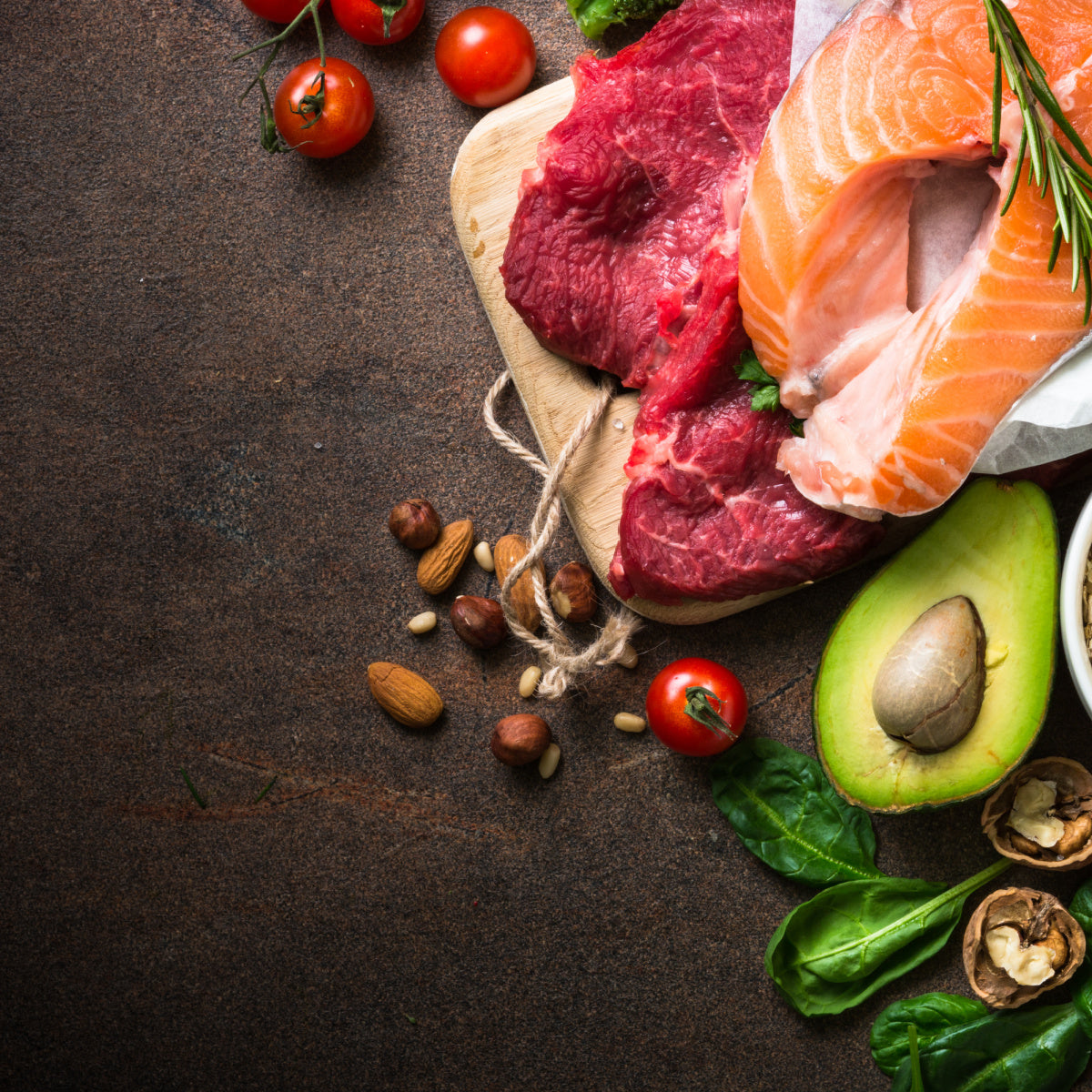3 Most Effective Ways to Increase Testosterone and Prevent Deficiencies
Testosterone deficiency in males is related to a considerable decrease in protein synthesis, decreased strength, decreased fat oxidation, and increased adiposity. An increase in testosterone can increase lean muscle mass in a shorter amount of time, decrease fat, and have other positive health benefits.
Without taking steroids, there are other ways to naturally increase testosterone levels. The 3 most effective ways to increase testosterone are by training hard, eating the proper diet and by using a clinically proven testosterone booster.
The latest line of nutritional supplements consists of ingredients that are aromatase inhibitors (AI’s). AI’s are proposed to suppress estrogen levels and thereby increase endogenous free testosterone levels resulting in increased fat-free mass and strength. Supplements designed with the purpose of inhibiting aromatase activity are alleged to work in the same mechanistic manner to prescription AI drugs. Fenugreek (Trigonella foenum-graecum) is a leguminous, annual plant originating in India and North Africa. It is an herbal condiment with many proposed health benefits found in the diets of various Middle Eastern countries and is now cultivated worldwide. The leaves or seeds of fenugreek are typically manufactured into an extract or powder and used therapeutically worldwide. Fenugreek extract has been shown to increase testosterone levels by decreasing the activity of the aromatase enzyme metabolizing testosterone into estradiol. Initial research supplemented resistance trained men in a randomized, double-blind fashion with a placebo or 500 mg of a specific Fenugreek extract. After 8 weeks of supplementing and resistance training, significantly greater improvements in body fat, lower body strength, and upper body strength were observed. Additionally, research has shown significant increase in repetitions performed to failure using the bench press and a reduction in body fat when 600 mg Fenugreek extract was consumed while following a resistance training program. Most recently research has demonstrated that fenugreek supplementation can increase free and bioavailable testosterone presumably through the inhibition of aromatase and 5-alpha reductase.
The second way to boost testosterone levels is to create an ‘anabolic window’ by properly training. The ‘anabolic window’ is defined as a period of time after resistance training, which is thought that the body is primed for anabolism (building of new tissue/protein). The “anabolic window” comes into play after a workout, which in theory is the most anabolic our bodies are in a day. The post workout window has been the theory for years, but controversial research shows otherwise. Both sides have very good points, and both the “30-minute window” folks and the “around the workout” folks are right. The most important feeding period during the day is the pre – intra – post workout. During this timeframe, consuming protein, carbohydrates, and supplements is the most efficient because of the environment resistance training creates in your body. What can’t be emphasized enough is that whenever the window is, it was created by lifting weights. Resistance training is the most time honored, effective, and supported way to increase levels of testosterone in the body.
Your diet is the last way to boost testosterone by providing the nutrients to create your anabolic environment. Most nutrients don’t necessarily have a direct effect on “boosting” testosterone, but more of an indirect effect by improving the environment. Whey Protein (whey concentrates and isolates), Casein Protein (micellar casein), Soy Protein are great sources of biologically valuable protein, rich in essential amino acids that are necessary for intramuscular protein synthesis, tissue repair, enzyme & hormone synthesis, and a vast array of other metabolic processes. Protein/carbohydrate supplementation is widely accepted in the scientific community as a way of enhancing muscle mass and sports performance. Magnesium has potential to positively increase total testosterone. Combined with exercise, intake of magnesium has shown improvements in testosterone levels. Some dietary sources of magnesium would be things like dark green vegetables, nuts, avocados, etc. Vitamin K works by increasing the level of the testosterone synthesizing enzymes in our bodies. Some dietary sources of vitamin-K are animal organs (chicken and cow liver), butter, egg yolks, and cheeses. Zinc supplementation has been shown to increase levels of the luteinizing hormone, along with pituitary hormone that encourages testosterone production. This is also linked with aromatase inhibitors, which block the change of testosterone to estrogen. Zinc can be found in shellfish, dairy products, pork, chicken, beef, along with other sources.
To summarize, there are primarily 3 ways to properly boost testosterone levels. The first would be testosterone boosters, which help produce an adequate amount of testosterone naturally in the body. A second way to boost testosterone levels would be the use of resistance training to get the body in an anabolic state. Finally, the last way to boost testosterone is to eat the right diet rich in the appropriate nutrients which support testosterone production.
Topics: Andropique, testbooster, Muscle Mass, Free Testosterone, Fenugreek, strength, Anabolic


